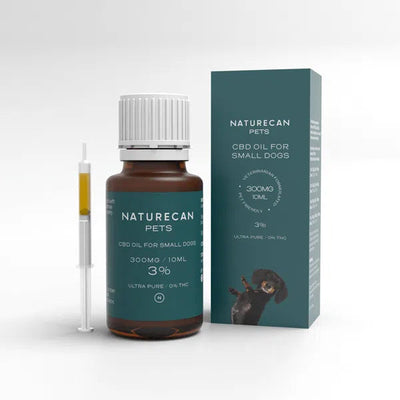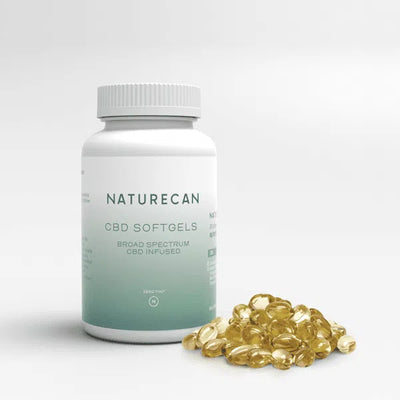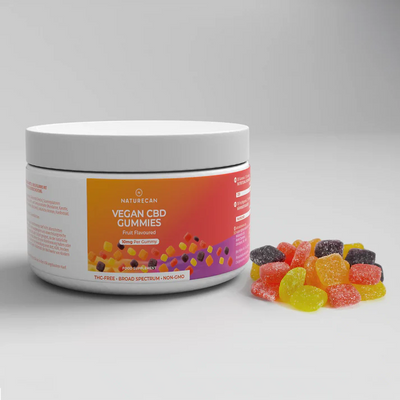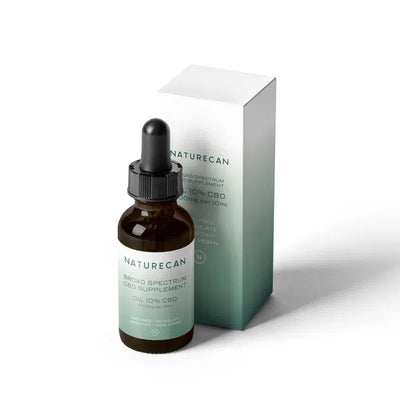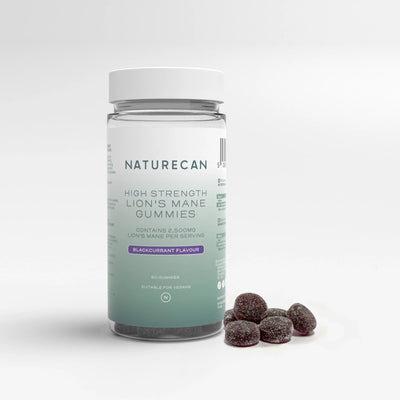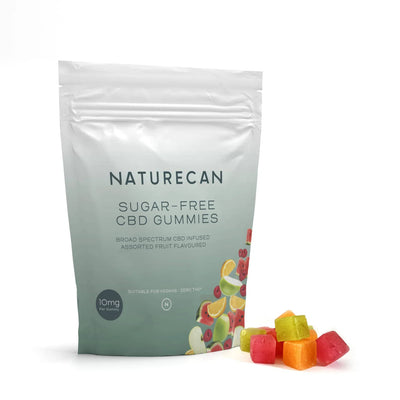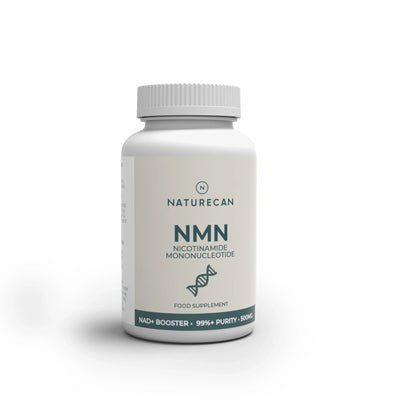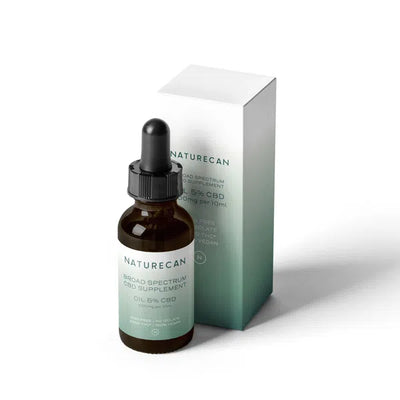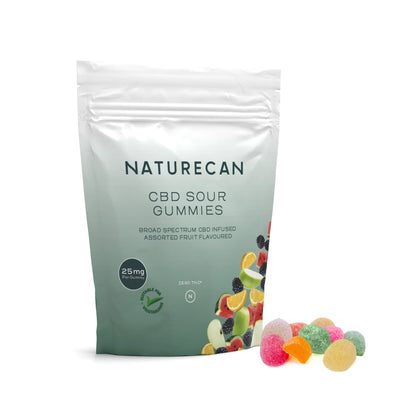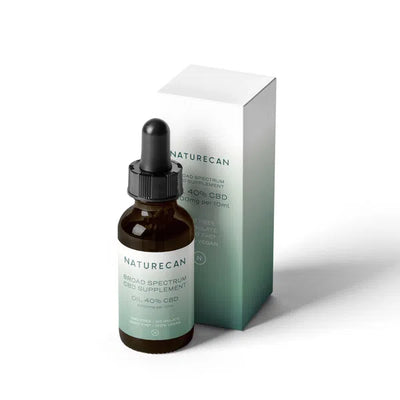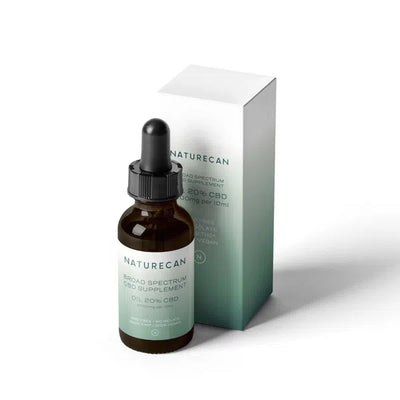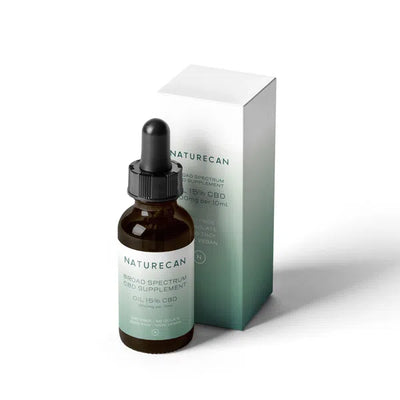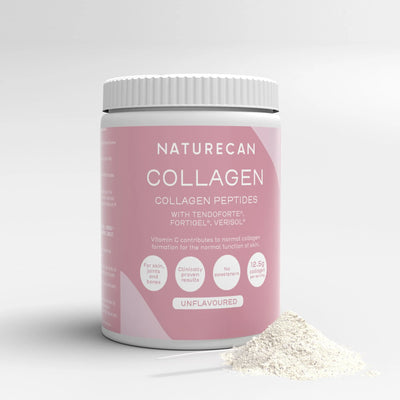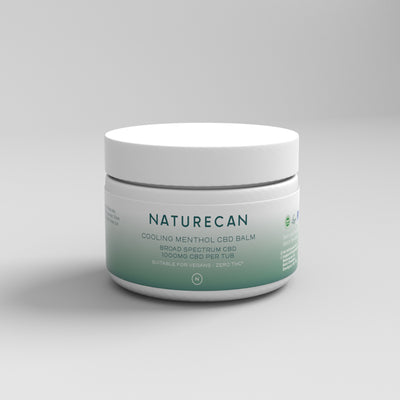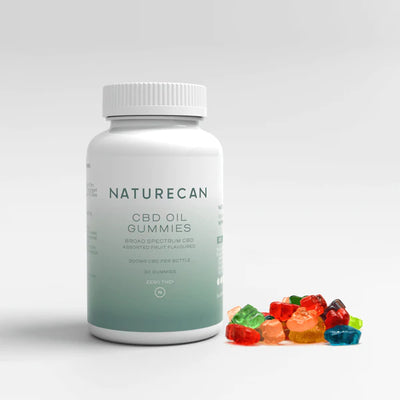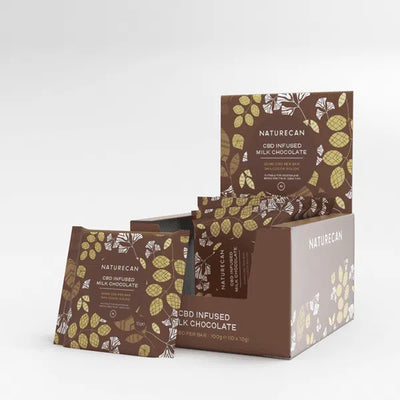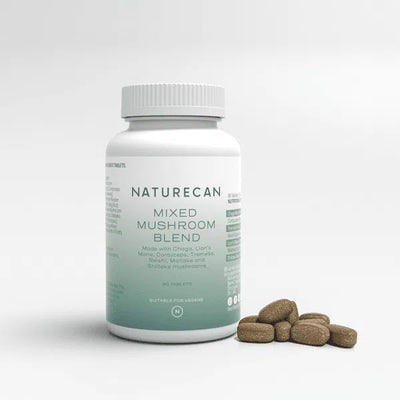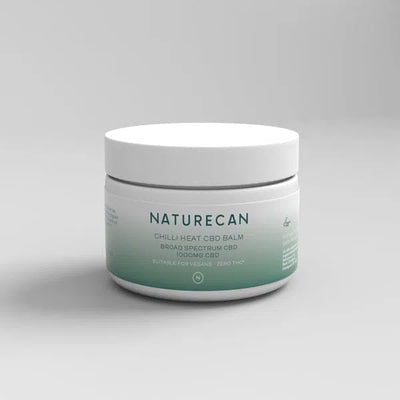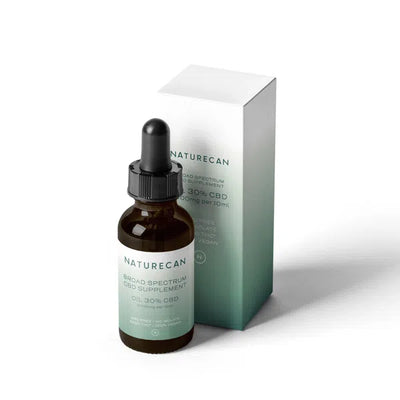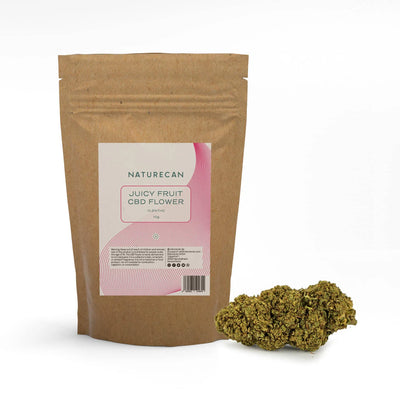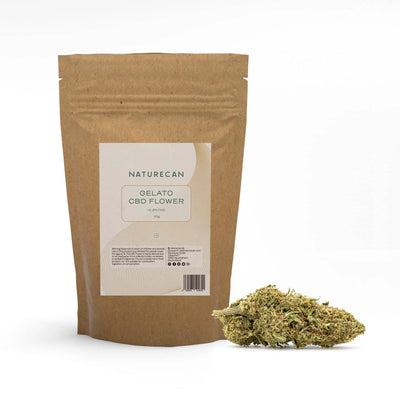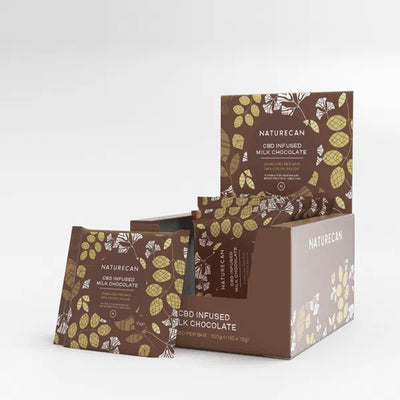CBD & BREASTFEEDING: IS IT SAFE?
After giving birth comes the sleepless nights, stress and anxiety as your body works to rebalance hormones, and you start adjusting to life with a newborn baby. With active therapeutic properties sure to help, is it safe to return to CBD once your child is born?
According to the Centers for Disease Control and Prevention (CDC), one in five women suffer from postpartum depression1. Add this scarily concerning fact to the list of physical and psychological issues that can arise after giving birth and it’s no wonder new parents are looking for extra support during this time.
Antidepressants aside, individuals needing a natural way to combat the aches, pains, stress, and more serious side effects of childbirth will no doubt have seen positive recommendations around CBD. A natural extract of the cannabis plant, CBD interacts with our body’s own endocannabinoid system – the internal function maintaining essential balance by supporting a number of vital processes, such as mood, appetite, sleep and pain. Because of this, CBD seems to offer a real solution for people with issues ranging from restless nights to increasingly debilitating conditions. But what does science say when it comes to breastfeeding your baby?
BREAST MILK BASICS
Internally produced endocannabinoids are incredibly important when it comes to a baby’s development, kicking into gear as early as the embryonic stage to begin essential functions related to fetal growth. Once a baby is born, and development continues outside of the womb, endocannabinoids are then found to be present in breast milk. These compounds promote a number of vital processes, from appetite to improving the suckling reflex – teaching your newborn the essential function of receiving nutrients before they can even think for themselves.
While it’s possible to prove that endocannabinoids are present in breast milk, the science around which cannabinoids (those derived from the cannabis plant) can make their way into there too is still very unclear. As CBD and other cannabinoids are fat-soluble, these compounds bind closely with fat, making it almost impossible to measure their amount. And it’s this uncertainty that has the potential to cause health problems for your baby. Why? The presence of THC.
CBD is non-psychoactive, unlike the closely linked THC (tetrahydrocannabinol) – a chemical-altering component that gives marijuana smokers their ‘high’. During extraction, the CBD is filtered to remove THC, guaranteeing the product is safe and free of any controlled substances. However, small amounts of this cannabinoid can remain. So, although harmless to us, it's these traces that can find their way into the natural milk you provide through breastfeeding.

TRANSMITTING THC
A study published in the journal Obstetrics and Gynecology looked at samples of breast milk from eight anonymous test subjects who regularly use cannabis and found that babies who were three to five months old, and who were breastfed, ingested an estimated 2.5 percent of the maternal dose of THC.2 For ethical reasons, researchers didn’t take any blood samples to test for THC levels, however it’s considered to be a high probability that at least some small amounts would be present within each baby.
Studies surrounding prenatal exposure to THC found that there is a direct link to increased adverse outcomes for women and their babies, such as low birth weight, placement in the neonatal intensive care unit, and preterm birth. 3 You can explore the facts around CBD and pregnancy here, however this evidence has led to similar concerns around how THC affects the newborn development once transmitted through breast milk, and for good reason.
Although much more research needs to be completed before this can be verified, it poses the important question: is it possible to avoid exposure to THC or any other cannabinoid through traditional breastfeeding methods? Or, should you abstain entirely?

MORE RESEARCH NEEDED
CBD and THC are not the same thing. With various studies and scientifically backed claims, the positives of regular CBD use are impressive. However, with THC comes the possibility of adverse effects once transmitted to newborns through breastfeeding, specifically related to their development.
However, mostly due to ethical reasons, there is a clear lack of research to prove this thinking either way. In its absence the best course of action is to follow the guidance of your doctor, and in most cases, this means abstaining from any CBD products to safeguard your newborn’s health.
Sources:
1) Ko JY, Rockhill KM, Tong VT, Morrow B, Farr SL. Trends in Postpartum Depressive Symptoms — MMWR Morb Mortal Wkly Rep 2017;66:153–158.
2) Baker, Teresa MD; Datta, Palika PhD; Rewers-Felkins, Kathleen MS; Thompson, Heather PhD; Kallem, Raja R. PhD; Hale, Thomas W. PhD - Transfer of Inhaled Cannabis Into Human Breast Milk, Obstetrics & Gynecology: May 2018 - Volume 131 - Issue 5 - p 783-788
3) https://www.ncbi.nlm.nih.gov/pubmed/27048634
4)Anderson, O Phillip - Cannabis and Breastfeeding: Breastfeeding Medicine, 12(10), pp. 580–581
